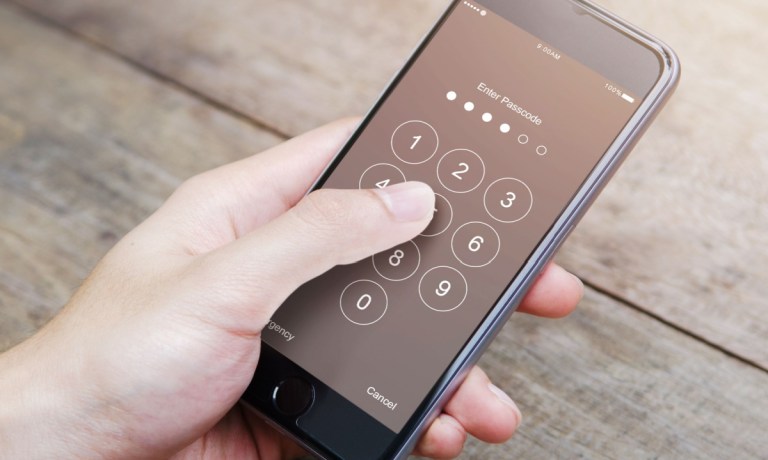Data from digital identity platform iconectiv underscores this trend, revealing that mobile phones serve as the primary identifier for roughly 3 billion individuals globally. As a result, businesses frequently turn to phone numbers for both customer communication and authentication.
However, these numbers are increasingly targeted by a global network of fraudsters employing sophisticated tactics to deceive both individuals and businesses. This results in the proliferation of fraudulent accounts and unauthorized transactions, ultimately eroding business profitability and consumer trust.
Consequently, financial services companies find themselves grappling with the complex task of managing diverse and often conflicting data sources, highlighting the critical need for robust security measures and advanced fraud detection strategies.
“The dramatic rise in the rate of digital impersonation leaves companies — most of them operating on multiple continents — challenged with sorting through massive amounts of data to protect themselves and their customers at every step of the customer engagement process — from registration to login to transaction and event monitoring,” Peter Ford, executive vice president at iconectiv, said in a Monday (April 22) press release.
In response to these challenges, iconectiv’s digital identity solution leverages phone number intelligence to mitigate risks, identifying and flagging recently ported, unallocated or premium numbers that pose potential threats.
Advertisement: Scroll to Continue
“Our financial services customers find that the data inherent in phone numbers is an indispensable signal in the verification and authentication process. Plus, it is easier to manage, and the streamlined delivery requires less computing power to analyze at a global scale,” Ford added.
Specifically, the solution provides a reliable method for verifying phone number accuracy, presenting data in a standardized format covering global numbering and country codes, alongside key metadata such as phone company and line type. This comprehensive dataset enables real-time verification, streamlines data analysis, and bolsters fraud prevention efforts, the company noted in the release.
Furthermore, by simplifying the delivery of vital data insights, iconectiv’s digital identity solution aims to simplify the process for financial service companies to mitigate errors and prevent false verifications.
This includes facilitating easy sharing across internal teams and departments, as well as seamless integration into existing systems, processes and workflows. By doing so, companies can classify customers according to risk ratings, optimize resource allocation and make informed decisions to safeguard both their business and bottom lines.
In a related fraud-prevention discussion published in the new PYMNTS eBook, “The Implications of Uncertainty,” Mangopay Vice President of Product and Data Maciej Pitucha shed light on the surge in fraudulent activities during periods of economic uncertainty as people grow increasingly desperate and try “to game the system.”
According to Pitucha, “the most effective way to safeguard against these risks is to monitor current baseline metrics and look out for spikes and anomalies — things like how many new users there are, transaction volume and payment methods used in a specific region or during a specific period. These anomalies are yellow flags that prompt us to take a closer look. Is the increase of any activity related to fraud attacks.”




